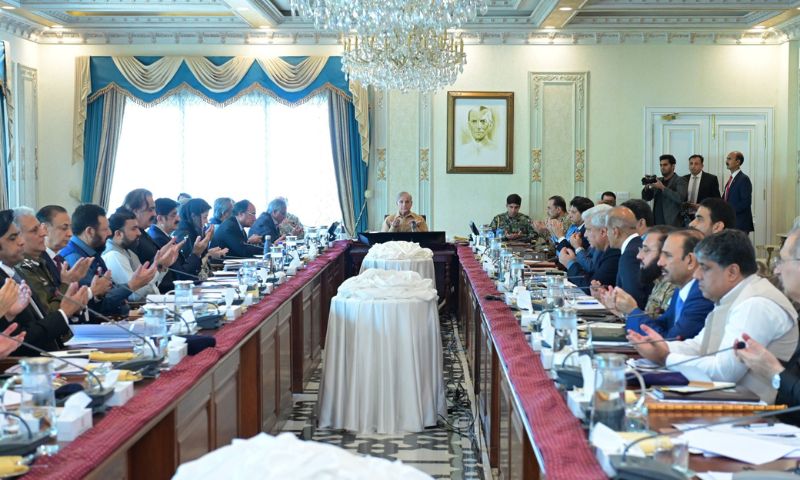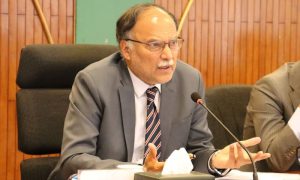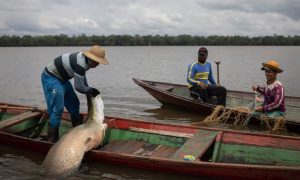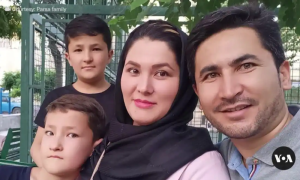Following the surge in terror incidents that have been creating a sense of insecurity among the populace and deterring potential foreign investors, the federal government has approved a reinvigorated national counter-terrorism campaign, Operation Azm-e-Istehkam. This initiative seeks to underpin the government’s renewed determination and serious approach to eradicating the menaces of extremism and terrorism.
There is no denying that the country’s armed forces successfully fought the terrorists in the past through operations Zarb-e-Azb and Radd-ul-Fassad. These successes were not without significant sacrifices, including both human and material losses. However, the return of terrorist incidents necessitated a major operation that would crush these evil elements once and for all. This is also crucial for placing the country on a positive economic trajectory, which is not possible without attracting investment from both the private sector and foreign investors. Peace and stability are paramount to instilling confidence in investors, both domestic and foreign.
At the Apex Committee on the National Action Plan (NAP), Prime Minister Shehbaz Sharif rightly pointed out that a soft state cannot win the confidence of investors. His remarks came following the third meeting of the Pakistan-China Joint Consultative Mechanism where Minister of the Central Committee of the International Department of the Communist Party of China Liu Jianchao, stressed that security is the foremost challenge threatening the future of the China-Pakistan Economic Corridor (CPEC). Enhanced security protocols and a supportive business and media environment are essential for the project’s continuation and success. Liu Jianchao’s concerns are particularly pertinent, as Chinese workers have faced terrorist attacks, the most recent being in Bisham.
In this context, the launch of Operation Azm-e-Istehkam is timely and sends a loud and lucid message to the international community that Pakistan has both the intent and capability to neutralize terrorists. It has done this before and will do it again.
In our view, this new operation is expected to be more successful than previous ones as it aims to mobilize all elements of national power. In his address to the apex committee, PM Shehbaz Sharif highlighted that combating terrorism is not solely the job of one institution but requires a whole-of-government approach. He also stated that leaving the responsibility to only one institution would be a mistake. Previous operations primarily relied on military might, which successfully broke the back of the terrorists. However, now is the time for other institutions including the provincial governments to come forward in a big manner and play their part to leave no space for terrorists to operate.
Another crucial aspect of the renewed operation is legislative support to address legal voids that have previously hindered the effective prosecution of terrorism-related cases, ensuring the award of exemplary punishments to convicted terrorists. Here, the role of the parliament will be pivotal, as strict and exemplary punishments will go a long way in eradicating this menace. By integrating various lines of effort and leveraging legislative and institutional support, we are confident that Operation Azm-e-Istehkam will achieve its desired goals and pave the way for a more peaceful and stable Pakistan.

The National Action Plan adopted after the APS tragedy needs to be implemented in toto, and non-kinetic measures should be taken in tandem with the kinetic response. This is pivotal in countering the narrative of the terrorists.
While our security forces hunt down terrorists in the coming weeks and months, it is also important to diplomatically engage Afghanistan. Currently, we are victims of terrorism emanating from that country. There are several channels of communication between the two countries which should be fully utilized to push Afghan authorities to fulfil their promises and commitments of not allowing their land to be used against Pakistan. Though the Afghan authorities have disappointed us through their response, yet we should not forgo the process of engagement with them. It is also in the interest of Afghan authorities that their land does not serve as a breeding ground for terrorists.
Pakistan has always extended a helping hand to Afghan brothers in difficult times, whether by hosting millions of Afghan refugees or highlighting Afghanistan’s difficulties at international forums. It is now also the Afghan side’s responsibility to act as a responsible neighbour and take effective action against terrorists. Pakistan can extend assistance to Afghan authorities in this regard.























